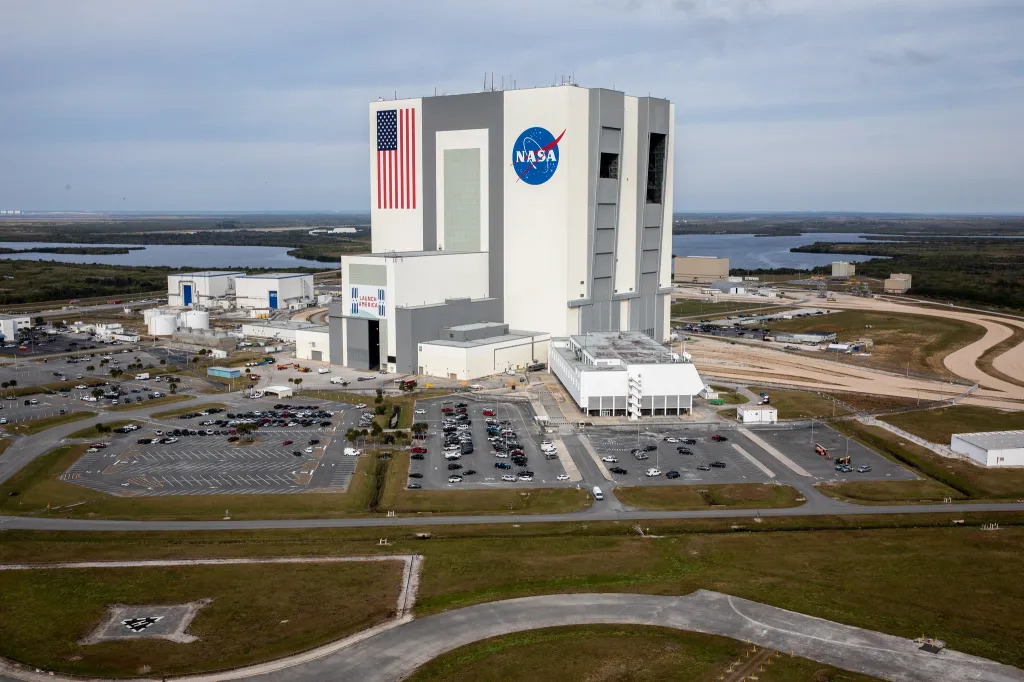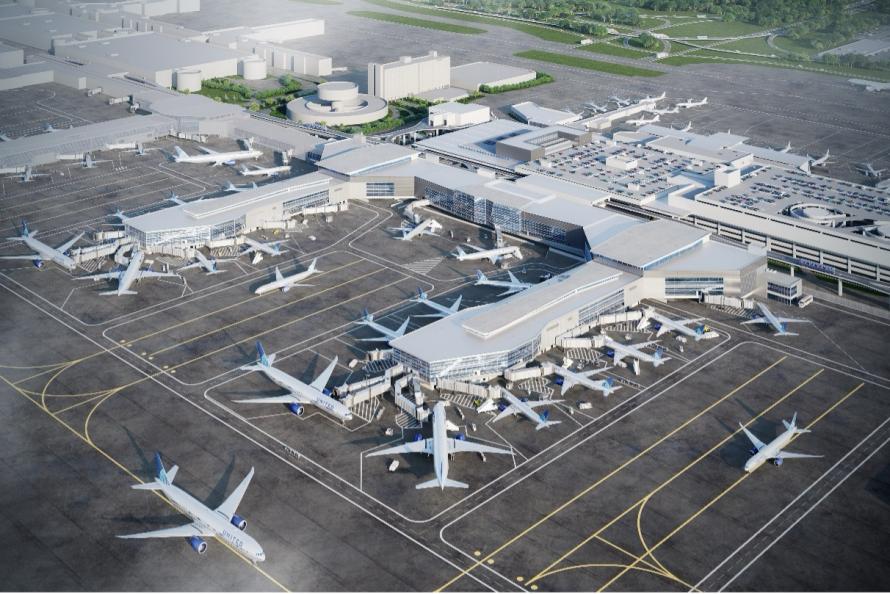
The Foundations: Houston’s Early Economic Growth
Houston’s journey toward becoming a business powerhouse began in the late 19th century, fueled by its strategic location and access to transportation routes. The opening of the Houston Ship Channel in 1914 established the city as a major shipping hub, attracting industries involved in oil, energy, and manufacturing. The discovery of oil at the Spindletop field in 1901 laid the groundwork for Houston’s energy sector, which would later become one of the largest in the world.
Throughout the early 20th century, Houston capitalized on its growing economy by investing in infrastructure and fostering business-friendly policies. The city quickly became a center for trade, finance, and oil refining, creating a robust economic base that would attract talent and businesses from across the globe. These early investments set the stage for Houston’s transformation into a hub for business and innovation.
The Rise of the Energy Capital: Houston’s Oil and Gas Industry
By the mid-20th century, Houston had solidified its reputation as the Energy Capital of the World, thanks to the concentration of oil and gas companies headquartered in the city. Industry giants such as ExxonMobil, Shell, and Chevron established regional headquarters in Houston, bringing economic prosperity and global recognition.

Houston’s energy sector extends beyond oil, encompassing natural gas, petrochemicals, and renewable energy. The city’s dynamic energy industry has driven continuous innovation, with companies investing heavily in research and development to advance drilling technologies, offshore production, and alternative energy solutions. This spirit of innovation has enabled Houston to maintain its leadership position in the global energy market, even as the industry shifts toward sustainability.
Diversification: Expanding into Healthcare and Aerospace
While energy remains a cornerstone of Houston’s economy, the city has successfully diversified into other sectors, including healthcare and aerospace. The creation of the Texas Medical Center (TMC) in 1945 marked a turning point, positioning Houston as a leader in medical research and healthcare services. TMC, now the largest medical complex in the world, houses over 60 medical institutions and contributes billions to the local economy each year.

Houston’s aerospace industry began to flourish in the 1960s with the establishment of NASA’s Johnson Space Center. As the home of Mission Control, Houston became synonymous with space exploration, earning international recognition. The presence of NASA has driven innovation in robotics, engineering, and technology, fostering a culture of entrepreneurship and research that extends beyond the aerospace sector.

Innovation and Startups: Houston’s Emerging Tech Scene
In recent years, Houston has emerged as a thriving hub for startups and technology companies. The city has made significant investments in innovation districts, such as the Ion Innovation Hub, which provides space and resources for entrepreneurs, researchers, and startups. These efforts are helping Houston transition from a traditional energy-based economy to a more diversified, technology-driven market.

Houston’s startup ecosystem spans industries including biotechnology, clean energy, and software development. Companies benefit from access to world-class research institutions, funding opportunities, and incubator programs designed to support early-stage ventures. The city’s innovation hubs have fostered collaboration between corporations, universities, and entrepreneurs, creating a supportive environment for new ideas to flourish.
The city’s growing tech scene has also attracted major players, with companies like Google and Amazon expanding their presence in Houston. This influx of talent and investment positions Houston as a leading city for business and innovation on both national and global stages.
Why Houston Stands Out: Business-Friendly Policies and Global Connectivity
Houston’s success as a business hub is driven not only by its industries but also by its business-friendly environment. The absence of a state income tax, along with affordable living costs, attracts entrepreneurs, businesses, and professionals seeking opportunities. The city’s leaders have fostered an open and competitive market, encouraging innovation and entrepreneurship across all sectors.
Houston’s global connectivity is another key factor in its rise. With one of the busiest airports in the United States – George Bush Intercontinental Airport – and a major shipping port, the city serves as a gateway for international trade and business. These logistical advantages, combined with a highly skilled and diverse workforce, give Houston a competitive edge in the global economy.

The Future of Business and Innovation in Houston
Houston’s future looks bright as the city continues to invest in sustainability, innovation, and community development. With growing sectors like clean energy, biotechnology, and aerospace, the city is well-positioned to thrive in the coming decades. Leaders in business and government are working together to promote green energy solutions, ensuring that Houston remains relevant in a shifting global landscape.
The emphasis on inclusivity and collaboration is also shaping Houston’s future. Programs aimed at empowering minority-owned businesses and fostering partnerships between corporations and startups reflect the city’s commitment to creating opportunities for all. As Houston embraces new technologies and industries, its identity as a leader in business and innovation will continue to evolve, solidifying its place as one of the most forward-thinking cities in the world.